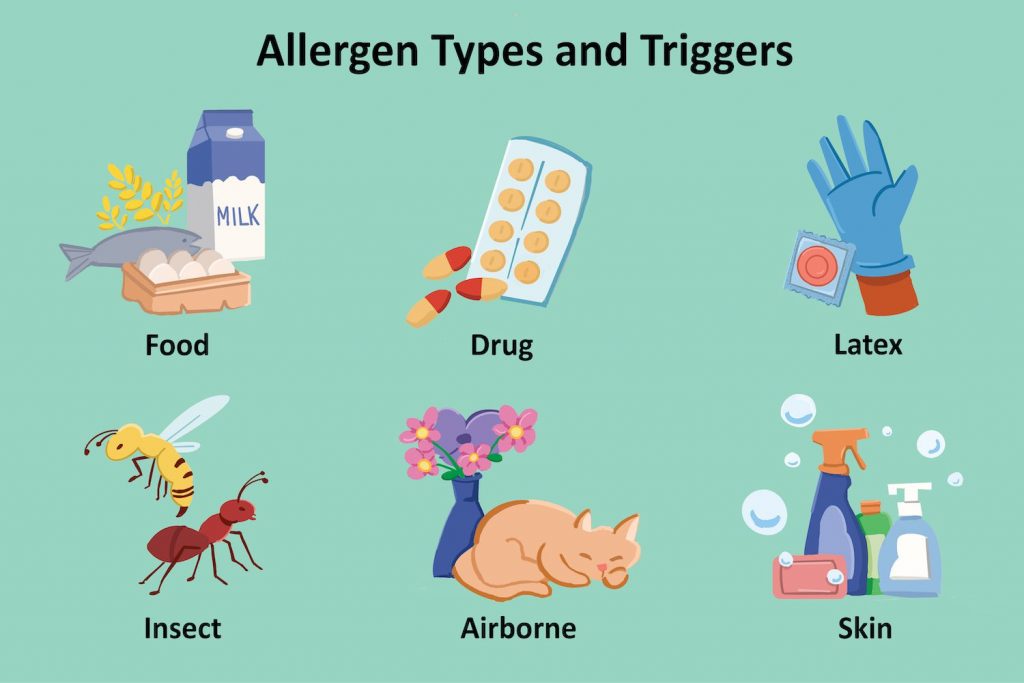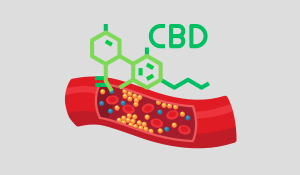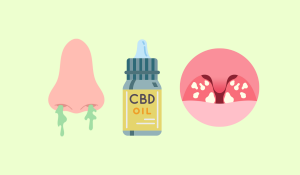If you suffer from chronic or seasonal allergies, you understand how disruptive they can be to daily life. The sneezing, coughing, watery eyes, and congestion are your body’s defenses against otherwise harmless substances like dust or pollen. Recently, many people have started exploring the potential of CBD oil for allergies as a natural remedy. This article delves into the benefits, uses, and research surrounding CBD oil for allergy relief.
CBD, or cannabidiol, is known for its anti-inflammatory and analgesic properties. These attributes can be particularly beneficial for managing allergies. Here’s how:
1. Anti-Inflammatory Properties CBD has been shown to reduce inflammation, which can help with hyperreactive airways, asthma, and nasal inflammation. When allergens cause your nasal passages to swell, CBD might offer relief by reducing this inflammation.
2. Pain Relief Allergic reactions can cause discomfort and pain, especially in the nasal passages and throat. CBD’s analgesic properties can help alleviate this pain, making it easier to manage allergy symptoms.

While there is promising anecdotal evidence, the scientific community is still in the early stages of researching CBD’s effectiveness for allergies. Some studies suggest that CBD’s anti-inflammatory and immune-modulating effects could be beneficial, but more extensive research is needed to confirm these findings.
If you’re considering using CBD oil for allergies, here are some tips:

Understanding CBD Oil and Depression Many people turn to CBD oil for depression-related reasons, and there is growing evidence that it may offer some benefits....
Read More
When various parts of the body experience a buildup of fluid, it may lead to swelling or an edema. This sometimes manifests as tight-feeling skin...
Read More
Understanding Bipolar Disorder and Manic Depression Bipolar disorder, also known as manic depression, is a mood disorder characterized by significant mood swings ranging from manic...
Read More
Taking CBD for depression and anxiety disorders is becoming increasingly common place as research continues to prove its effectiveness as a treatment option
Read More
A high level of LDL-cholesterol, or low-density lipoproteins, is associated with certain heart diseases and artery changes that can lead to a heart attack or...
Read More
Does CBD Oil Help with Cold Symptoms? There is varying research on CBD’s effectiveness in treating viral infections, including the common cold. Some studies suggest...
Read More
CBD for Arthritis and Osteoporosis Per the CDC, around 15 million Americans experience severe joint pain due to arthritis. Almost twice that number experience persistent...
Read More
What Are Examples of Acute Pain? Common sources of acute pain include: These conditions are usually identifiable and treatable, allowing for effective pain management even...
Read More